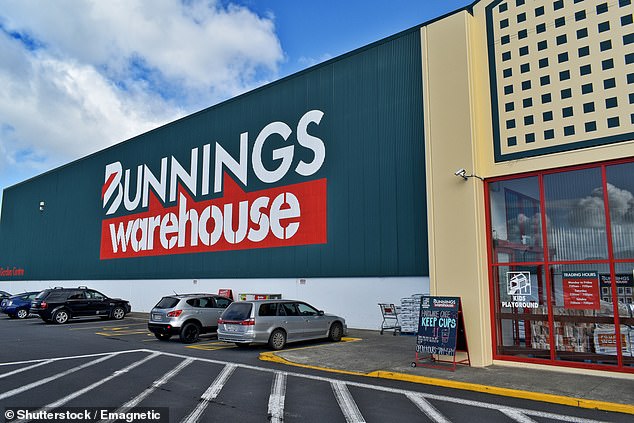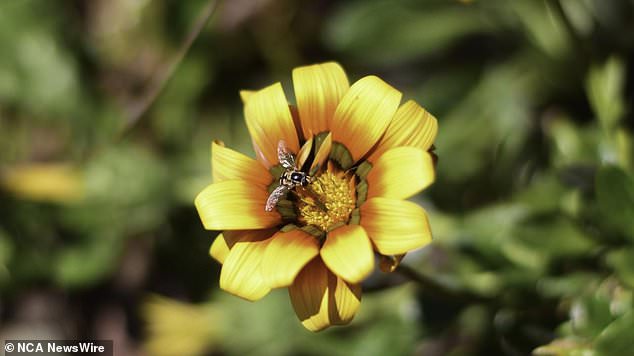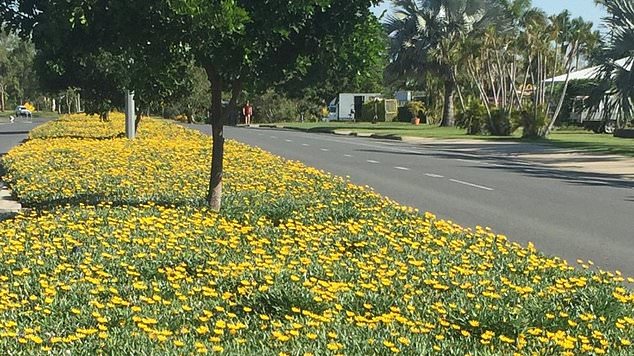Nurseries across the country, including Bunnings, are selling plants classed as “highly invasive” weeds and one expert says they are a “ticking time bomb” for Australia’s forests and ecosystems.
According to the Invasive Species Council, most of Australia’s weeds have escaped from gardens, causing at least four plants to go extinct and costing the agricultural industry $4.3 billion each year to manage them.
Jack Gough, advocacy director for the Invasive Species Council, said most Australians don’t realise that their gardens or fish ponds are often the source of highly invasive weeds that have not yet reached their full potential to spread.
While industry bodies are working tirelessly to protect Australia’s native forests and biodiversity, Mr Gough said many of the 30,000 plants sold in nurseries across the country were ending up in local forests.
“It makes a mockery of all the work that is done by land conservation groups, nature conservation groups and local governments that spend billions and billions of dollars every year trying to deal with weeds across the country,” he said.
‘At the same time they are working hard to remove these problematic species that are suffocating the landscape, other species are being sold that become the next problem.’
Mr Gough said that with three-quarters of all weeds recorded in Australia being escaped garden plants, legally sold plants such as English ivy and gazanias were “choking out” local bushland.
“They tend to take over areas, smother them and suppress native plants. In degraded areas, they can prevent regeneration and recovery,” he said.
“Every year the problem gets worse.”
Invasive Species Council advocacy director Jack Gough calls for stricter regulation of the industry

Described as “hardy and resilient”, gazania seeds sell for $5.50 at Bunnings.
Both English ivy and gazania are listed as “highly invasive” on the Victorian Government’s environmental advisory list, although both non-native plants are readily available from nurseries across the country.
Described as “hardy and resilient”, gazania seeds sell for $5.50 at Bunnings.
Bunnings merchandise director Cam Rist said that “like many nurseries and retailers”, Bunnings sold a “wide range of locally sourced plants in our stores”.
“We work hard to create an assortment that meets customer preferences and demand,” he said.
‘As always, we closely follow all relevant local biosecurity regulations and advice from regulators on the plants we sell.’
Mr Gough said the sale of invasive weeds was not just a “Bunnings problem” but an “industry-wide problem”.
While the Australian nursery and garden industry has established Make me grow insteada database that informs gardeners and nurseries about which plants are safe to buy and sell, Mr Gough said governments had been “misled into believing that industry self-regulation was the answer”.
“It is completely unreasonable to expect ordinary Australian gardeners to read the small print to know where and when they should plant something,” he said.

Despite being declared a highly invasive species, gazanias are sold in nurseries throughout Australia.

Gazanias and other invasive species cost the agricultural industry $4.3 billion each year
‘This is something that should be driven by the government, with clear regulation of the industry, so that Australian gardeners know that when they go to their local Bunnings or nursery… they’re not going to end up turning their garden into a time bomb for the local forest.’
Mr Gough praised the “leadership” of Environment and Water Minister Tanya Plibersek in convincing all state and territory environment ministers to agree to develop a national plan to tackle the growing problem.
“We are very hopeful that this is the first step towards effective regulation,” he said.
‘There are thousands of safe plants available, which will allow people to have amazing and diverse gardens.
‘The gardening and nursery industry will continue to thrive without causing the spread of new weeds in the country, but to achieve this we need regulation from the top.’


